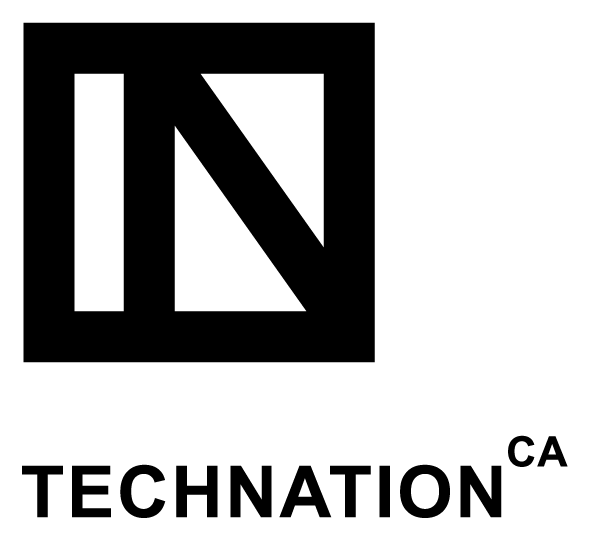Pragmatic Quality & Regulatory Approaches for Medical Devices
NIHI - McMaster CE Digital Credential
Instructor
Christie Eby, Director, Process Excellence, Quality Regulatory, Intellijoint Surgical
Healthcare is a growing area of business, and new medical device and system innovations are emerging. The regulations and standards in the area of medical devices are trying to keep up with product innovations but are written with hardware concepts in mind. It is up to the quality and regulatory representatives of an organization to understand and apply the regulations and standards to their products. There are some key ways of approaching this area of quality and regulatory in medical devices with a pragmatic mindset and flexible way of thinking that can save time and effort.
Program sessions will focus on exploring quality systems and will provide tools and best practices to acquire and maintain certifications in the regulated environment of medical devices. Concepts regarding a pragmatic approach to quality systems will be consistent throughout the course, with real-world case studies.
Upon completion you will be awarded a NIHI - McMaster CE digital credential. A digital credential is issued in a digital format, provides details of acquired competencies and is shareable and transportable.
Topics covered:
- Introduction to the course and the definition of medical devices.
- Regulatory classification and pathways – real-world examples; Medical Device Single Audit Program (MDSAP).
- Building your first QMS and management commitment.
- Practical considerations for process mapping and procedures.
- And More!
Learning Objectives
- Define the regulatory landscape for medical devices.
- Learn how to build a Quality Management System (QMS) for a medical device.
- Explain the primary considerations for developing a medical device and understand how to execute strategies for the adoption and integration of QMS concepts in a healthcare organization.
- Describe, as senior-level staff, their role in the sponsorship of projects and employee engagement in quality concepts.
- Identify the regulatory aspects of the products a healthcare organization develops, sources and purchases.
- Learn how to develop, measure, and monitor Key Performance Indicators (KPI) related to safe and effective QMS maintenance and continuous improvement.
- Apply best practices to ensure the security, privacy, and ethical use of connected health devices and data within regulated healthcare environments.
Intended Audience
- Early-stage companies creating a Quality Management System (QMS).
- Scaling up companies applying for certification and new markets.
- Existing organizations looking to streamline or increase engagement in their existing QMS.
- Healthcare organizations involved in the development of innovative devices and/or systems or procuring new equipment and systems.
- Government staff with healthcare innovation, QMS and regulatory mandates.
Competencies Achieved Upon Completion of Course
- Identify a Regulatory Strategy for an existing or new product.
- Create an outline of a Quality Management System for Hardware and/or Software Products
- Apply best practices on a pragmatic approach to Regulations and Standards.









